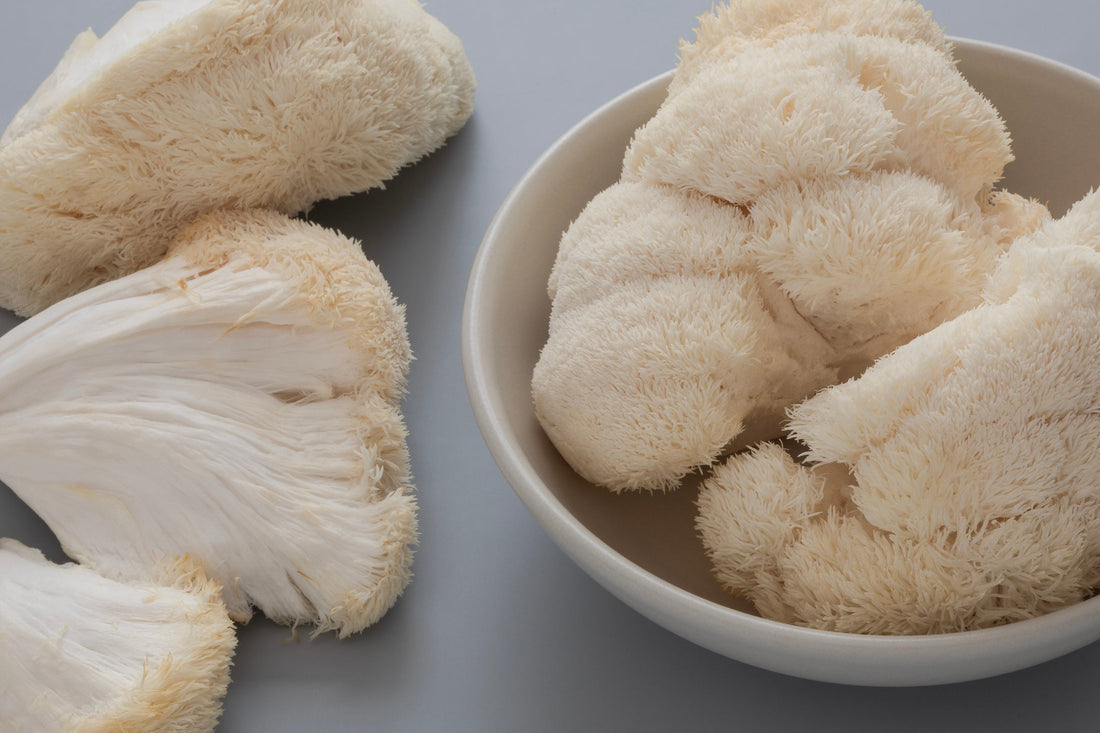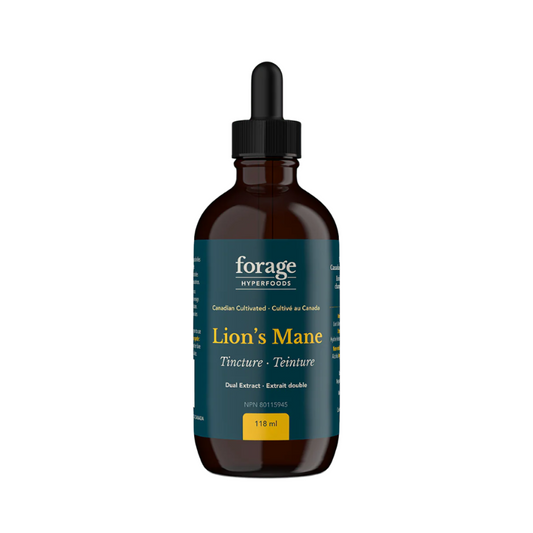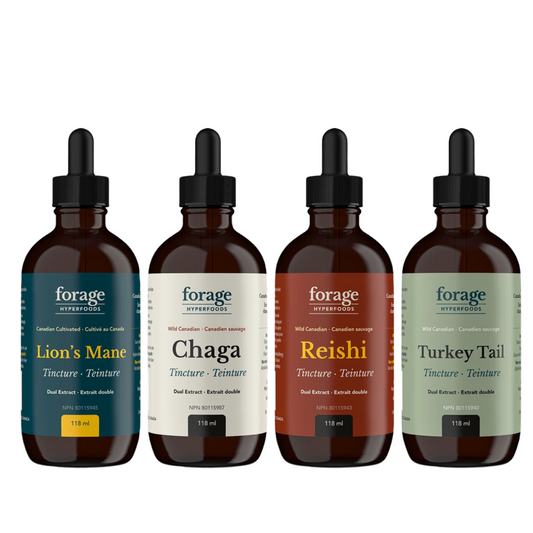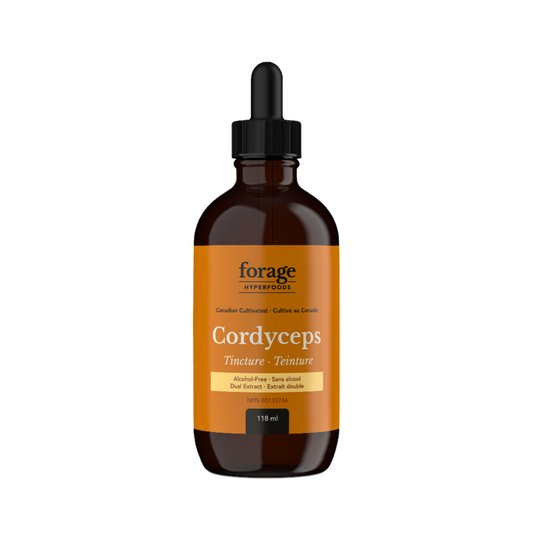
Everything You Need to Know About Functional Mushrooms
Share
If you spend time in wellness spaces, you’ve probably noticed that health enthusiasts are going wild over functional mushrooms. Different from mushrooms you’d toss in a salad, functional mushrooms are varieties like Chaga and Lion’s Mane that have been scientifically shown to have incredible healing properties. In this article, we’re going to break down everything you need to know about these natural healers—what they are, what they do, and how you can start incorporating them into your routine.
What exactly are functional mushrooms?
Of the many species of fungi, certain ones have been shown to have functional benefits. This means that in addition to their nutritional benefits, these edible mushrooms provide unique health benefits such as lowering stress levels, improving cognitive function, and bolstering the immune system.
Functional mushrooms contain many beneficial compounds including beta-glucans, antioxidants, vitamins, minerals, fiber, and polysaccharides, all of which give them their potent healing properties.
What is the history of functional mushrooms?
While functional mushrooms are steadily gaining popularity in the wellness industry today, their history goes back thousands of years. These healing mushrooms have long been used in Eastern medicine for their therapeutic properties. Their rise in popularity is thanks to intensive research conducted in the past several years and an ever-growing demand for natural health solutions.
Which mushrooms are considered functional mushrooms?
There are several varieties of functional mushrooms, each with its own unique health benefits. The five most well-researched, popular functional mushrooms include:
- Reishi: This mushroom is an adaptogen, meaning it helps the body adapt to stress and restore balance. In addition to reducing stress, it’s known for promoting restful sleep and boosting the immune system.
- Chaga: This mushroom is incredibly rich in antioxidants and is known for strengthening the immune system and reducing inflammation.
- Cordyceps: Used for thousands of years by royal and elite families in China, this mushroom is known for improving energy, stamina, and endurance.
- Lion’s mane: Often referred to as “the smart mushroom,” lion’s mane is best known for its ability to improve focus, memory, and cognition.
- Turkey tail: This mushroom is chock full of antioxidants and best known for supporting immune function and gut health.
How are functional mushrooms different from other types of mushrooms?
Now that you’re better acquainted with what functional mushrooms are, let’s discuss what they’re not. Although functional mushrooms can seem pretty darn magical, they’re not psychedelic. They won’t give you any sort of “high” or drug-induced feeling because they don’t contain psilocybin or other psychedelic compounds.
They’re also not the same as culinary mushrooms like portobello or cremini mushrooms. Aside from shitake, you can’t buy functional mushrooms in a grocery store. While both types of mushrooms offer nutrition, functional mushrooms offer healing properties far beyond the mushrooms you cook with.
Where can I source functional mushrooms?
There are two options when it comes to sourcing functional mushrooms: foraging them from the wild or buying them from a reputable supplier.
Where you go to forage mushrooms will depend on the individual mushroom, as they each have their own habitat in which they’re found. If you’re a novice forager, be sure to bring an expert with you or run your finds past an expert before consuming them. While certain mushrooms have very distinct appearances, others have poisonous look-alikes, so you need to be 100 percent sure you’re consuming what you think you are.
If foraging isn’t your thing, you can easily purchase functional mushrooms online through reputable suppliers. It’s important, however, to choose a company whose mushrooms are wild harvested or organically cultivated, carefully extracted, and tested for contaminants such as heavy metals, pesticides, and microbes.
Try functional mushrooms for yourself
Many companies offer functional mushrooms in forms such as powder, tincture, capsule, tea, and coffee, making it easy to incorporate these superfoods into your daily routine. You can mix some powders into your food and drinks, drink a cup of mushroom-infused coffee, or put a few drops of a tincture into a beverage. You can even get more creative and add the mushroom products to savory soups, stews, or baked goods. Reaping the health benefits of these powerful mushrooms has never been easier.



